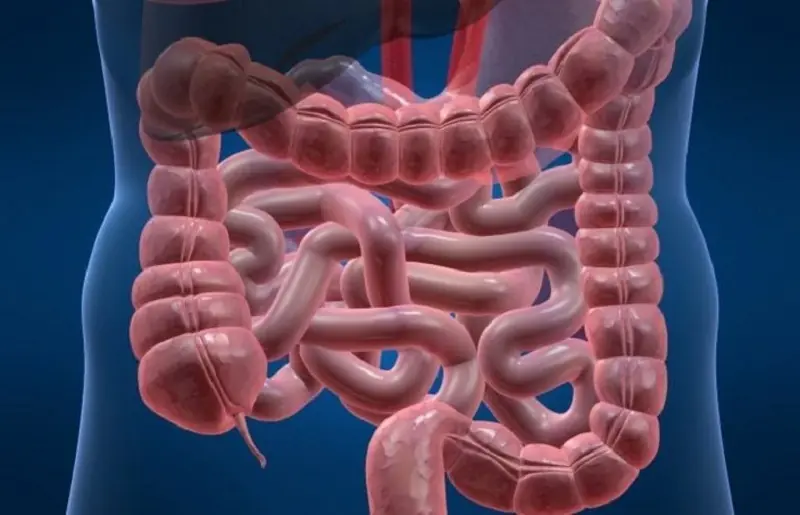
Mother and Child D:ie From Liver Cancer — Doctors Reveal 3 Ingredients That Should Never Go Into Porridge
A heartbreaking tragedy in which both a mother and her young child lost their lives to liver cancer has shaken families and health experts across the nation. What seemed like a simple daily meal — porridge — turned out to be the silent link behind their illness, revealing shocking dangers hidden in everyday cooking habits.
Porridge has long been seen as one of the healthiest and most comforting foods, especially for children, the elderly, and those recovering from illness. It is warm, easy to digest, and can be made in endless variations. But what many households don’t realize is that certain “harmless” additions, when combined with porridge and consumed over time, can turn this gentle dish into a ticking time bomb for the liver. Doctors are now sounding the alarm: there are three things that should never, under any circumstances, be added to porridge.
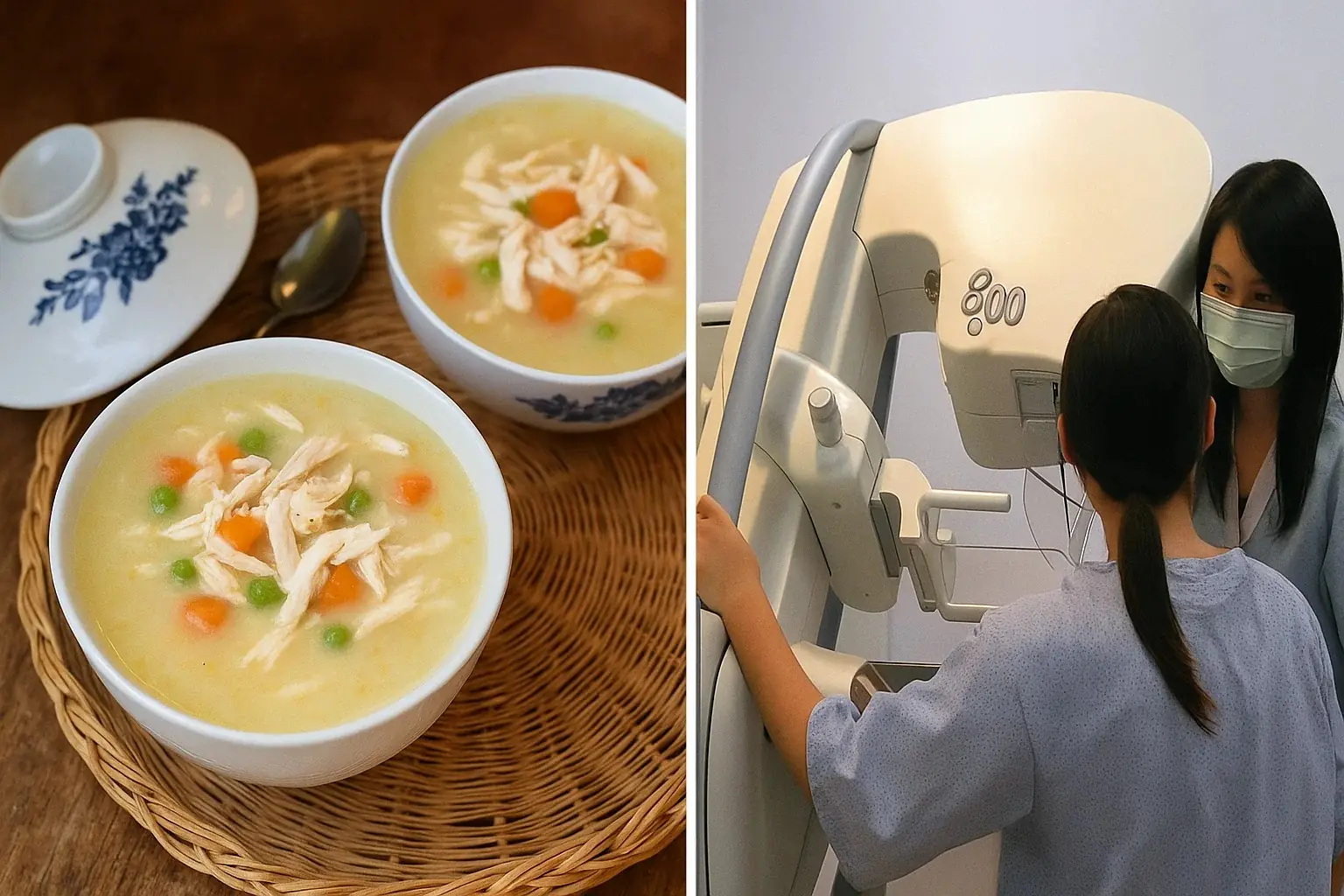
- Spoiled or Moldy Ingredients (Rice, Beans, or Peanuts)
In many homes, particularly in rural or low-income families, food waste is carefully avoided by storing and reusing old rice, beans, or leftover grains. While this practice may seem practical, it carries hidden dangers. Mold can grow on grains and legumes even when it isn’t visible, producing aflatoxins — toxic substances ranked among the most powerful liver carcinogens known to medical science.
Aflatoxins are insidious because they do not alter the smell or taste of food. Even trace amounts consumed repeatedly can scar liver tissue, disrupt normal cell function, and over time trigger irreversible damage. In the case of the mother and child, investigators found that improperly stored rice and peanuts had been used regularly to prepare their meals. What was intended as thrift tragically led to their downfall.
- Processed Meats and Preserved Ingredients (Sausage, Pickles, or Dried Shrimp)
To make porridge tastier, some families enhance flavor with sausages, pickled vegetables, or dried seafood. While flavorful, these ingredients are typically high in nitrates, nitrites, and preservatives. Under high heat, these chemicals can convert into nitrosamines, which directly damage liver cells and are strongly linked with an increased risk of liver disease.
The danger multiplies when these foods are given to children, whose smaller, developing bodies are far more vulnerable. Doctors stress that porridge should remain natural and light, particularly for babies, the elderly, or those recovering from illness. Instead of processed additives, fresh lean meats, boiled vegetables, or herbs are much safer and provide true nourishment without hidden risks.

- Reused Cooking Oil and Leftover Fried Ingredients
In many kitchens, fried shallots, crispy garlic, or leftover oil are commonly added to porridge for aroma and crunch. Yet reheated oils contain oxidized fats and toxic compounds formed during repeated frying. These substances do not break down in the body easily; instead, they accumulate over time, straining the liver and setting the stage for inflammation, fatty liver disease, or even cancer.
Though it may seem harmless to reuse oil “just once more,” repeated reheating dramatically increases the formation of harmful free radicals. Over months and years, this practice silently erodes health. Doctors caution that flavor can always be achieved with fresh herbs, vegetables, or a dash of safe, cold-pressed oils instead.
A Wake-Up Call for Families Everywhere
The story of the mother and child stands as a haunting reminder that the smallest choices in the kitchen can carry lifelong consequences. Liver cancer is known as the “silent k:iller” because symptoms rarely appear until the disease is advanced and extremely difficult to treat. Preventive care — especially through safe eating habits — is therefore the most powerful shield families have.
Medical experts recommend preparing porridge with only fresh, well-stored ingredients. Clean water, properly washed grains, and natural toppings such as lean chicken, fish, or vegetables are the safest options. Preservatives, spoiled grains, and reheated oils should be strictly avoided.
Ultimately, the lesson is clear: even the most basic dish, when mishandled, can become d:eadly. By being mindful of what we feed our loved ones, we are not only nourishing their bodies but also protecting their future. Prevention begins in the kitchen — and the choices made today may determine the health and safety of tomorrow.
News in the same category


From age 65, how often should you shower (and why over-washing can be harmful to your health)

What’s the Secret to Becoming a Super-Ager?
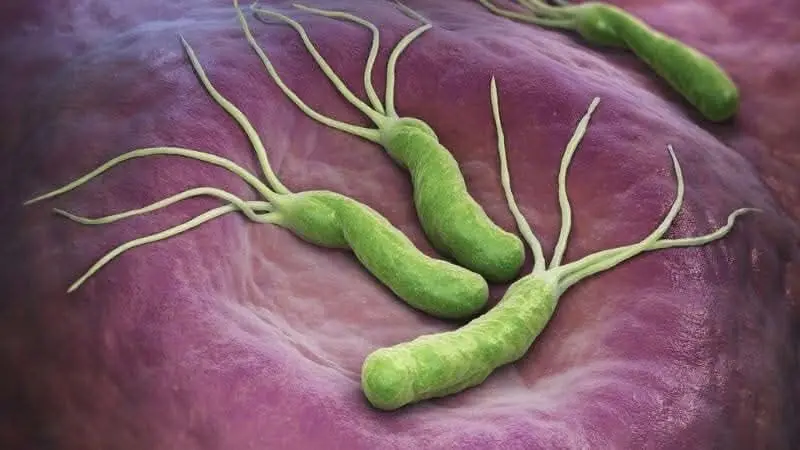
H. Pylori Fears These 5 Foods the Most — Eat Them to Protect Your Stomach

Woman Unveils 5 Colon Cancer Symptoms You Must Never Ignore
Colon cancer is often called the “silent disease” because its warning signs are easy to dismiss. One Texas mother, Radwah Oda, is now sharing her painful journey in hopes of saving others from making the same mistake.

The Silent Killer" That Causes Brain Shrinkage — Yet Parents Still Feed It to Their Children Daily
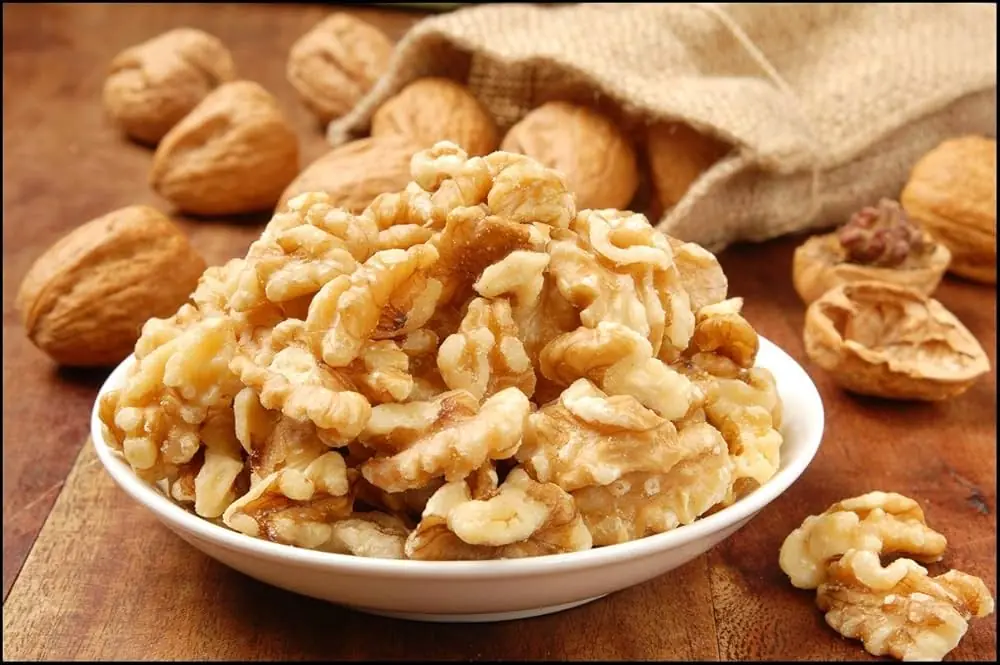
Proven Health Benefits of Walnuts, How Many to Eat, and More (Science Based)

The Most Dangerous Foods: Unpacking the Risks of Processed Meat
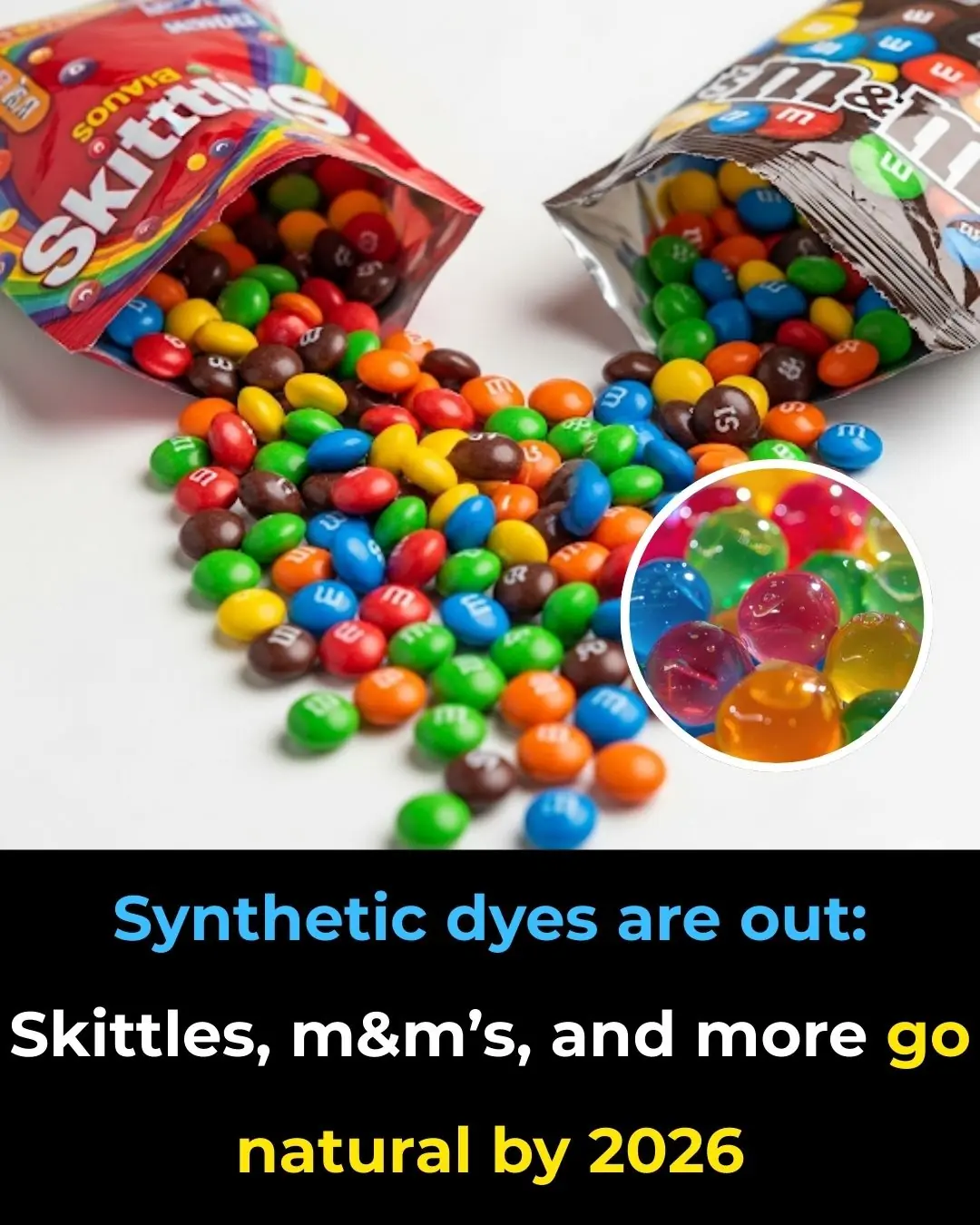
Synthetic Dyes Are Out: Skittles, M&M’s, and More Go Natural by 2026
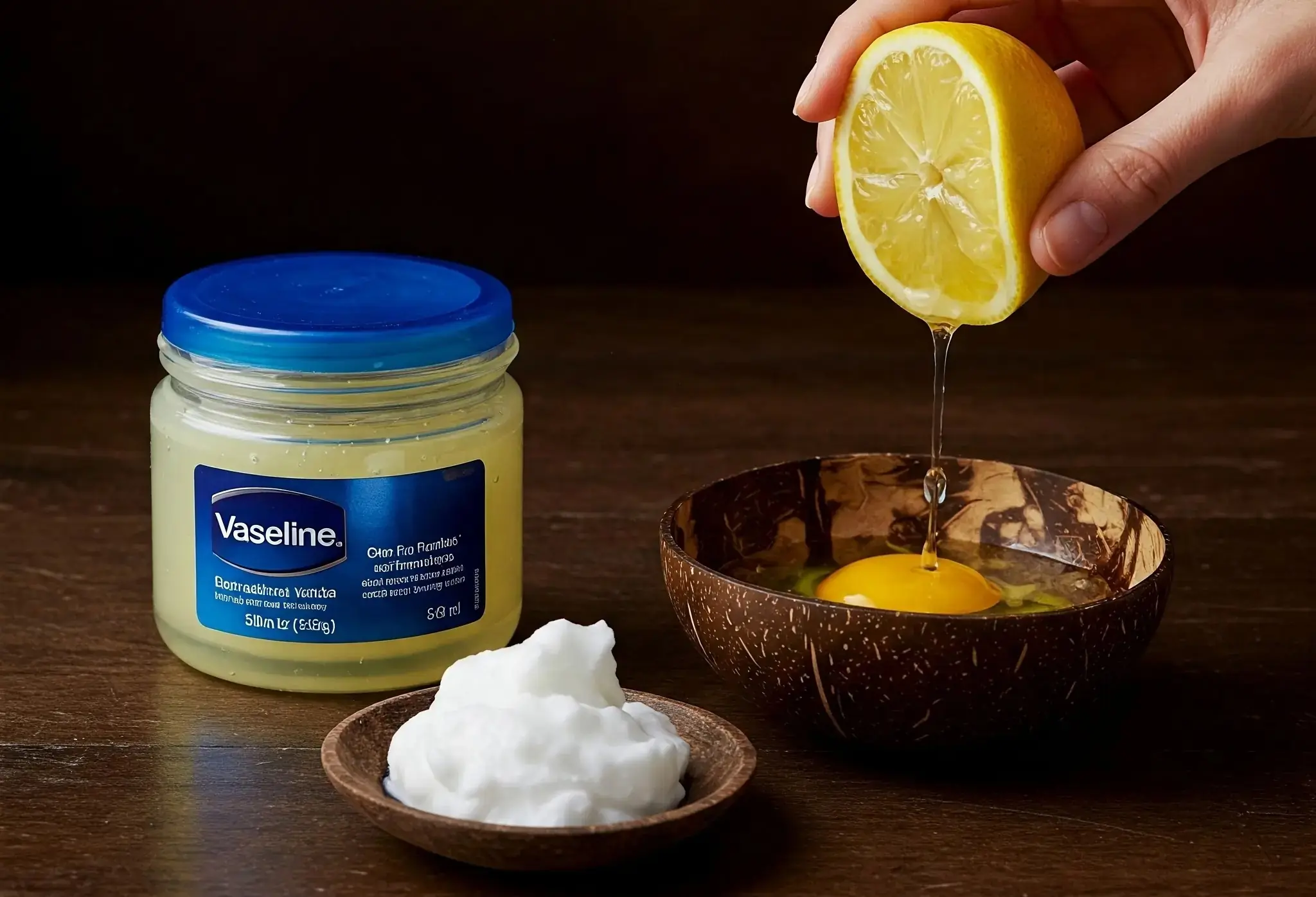
Vaseline and Egg White Face Mask: The Ultimate Anti-Aging Remedy to Look 10 Years Younger
Whether you’re looking to reduce wrinkles, lighten dark spots, or prevent acne, this mask offers a wide range of benefits that will transform your skin.

15 Honest Phrases You’ll Never Hear From a True Narcissist

Three-Day Lymphatic Cleanse To Keep You Healthy All Year Long

How Water Fasting Can Have Many Benefits
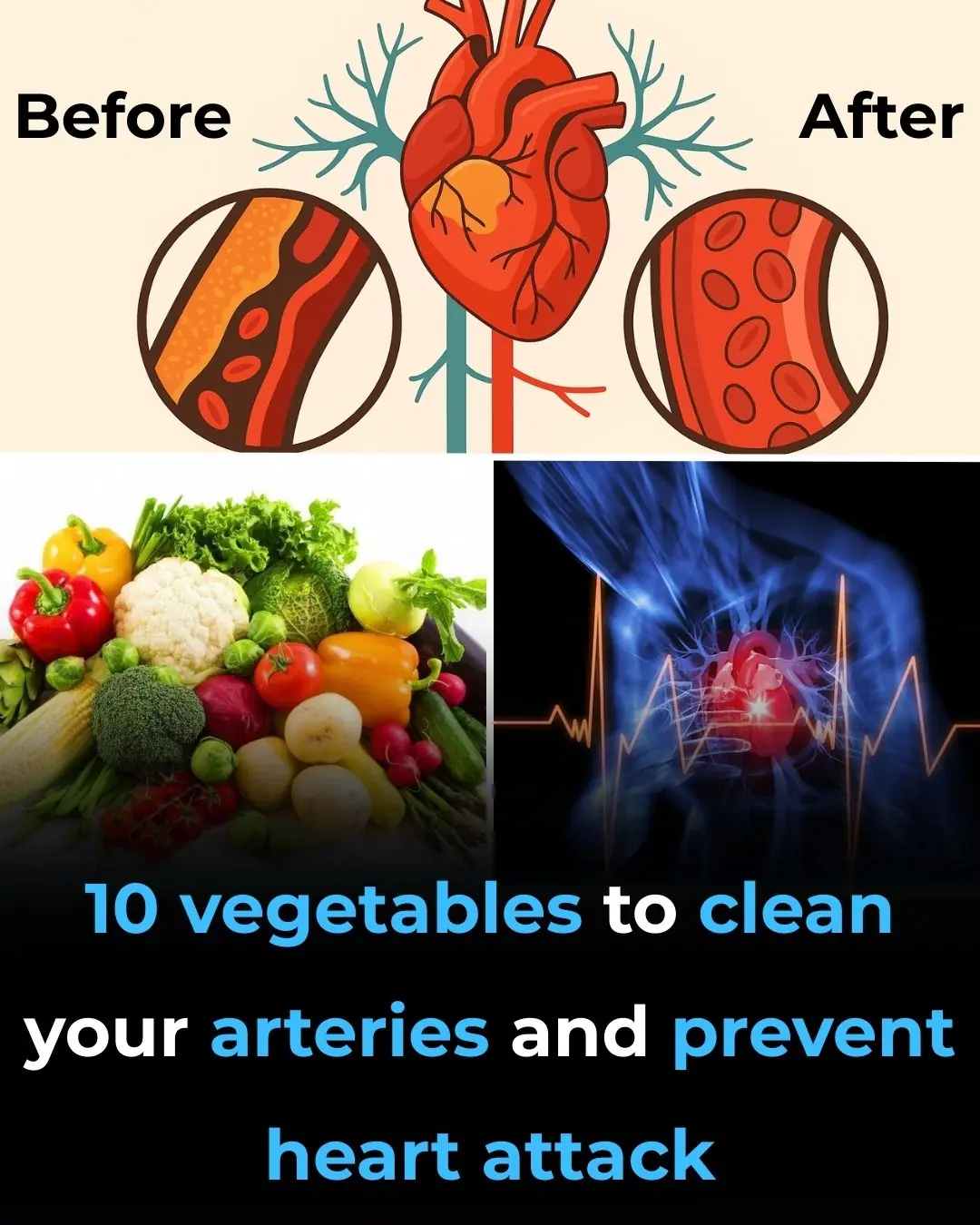
Vegetables To Clean Your Arteries And Prevent Heart Attack

5-Year-Old Loses Battle With Cancer — Doctors Reveal 5 Foods Parents Must Never Give Their Children
The heartbreaking loss of a 5-year-old child to late-stage cancer has sparked a powerful warning from health experts. Doctors now stress that nutrition plays a far bigger role in preventing chronic diseases than many parents realize.
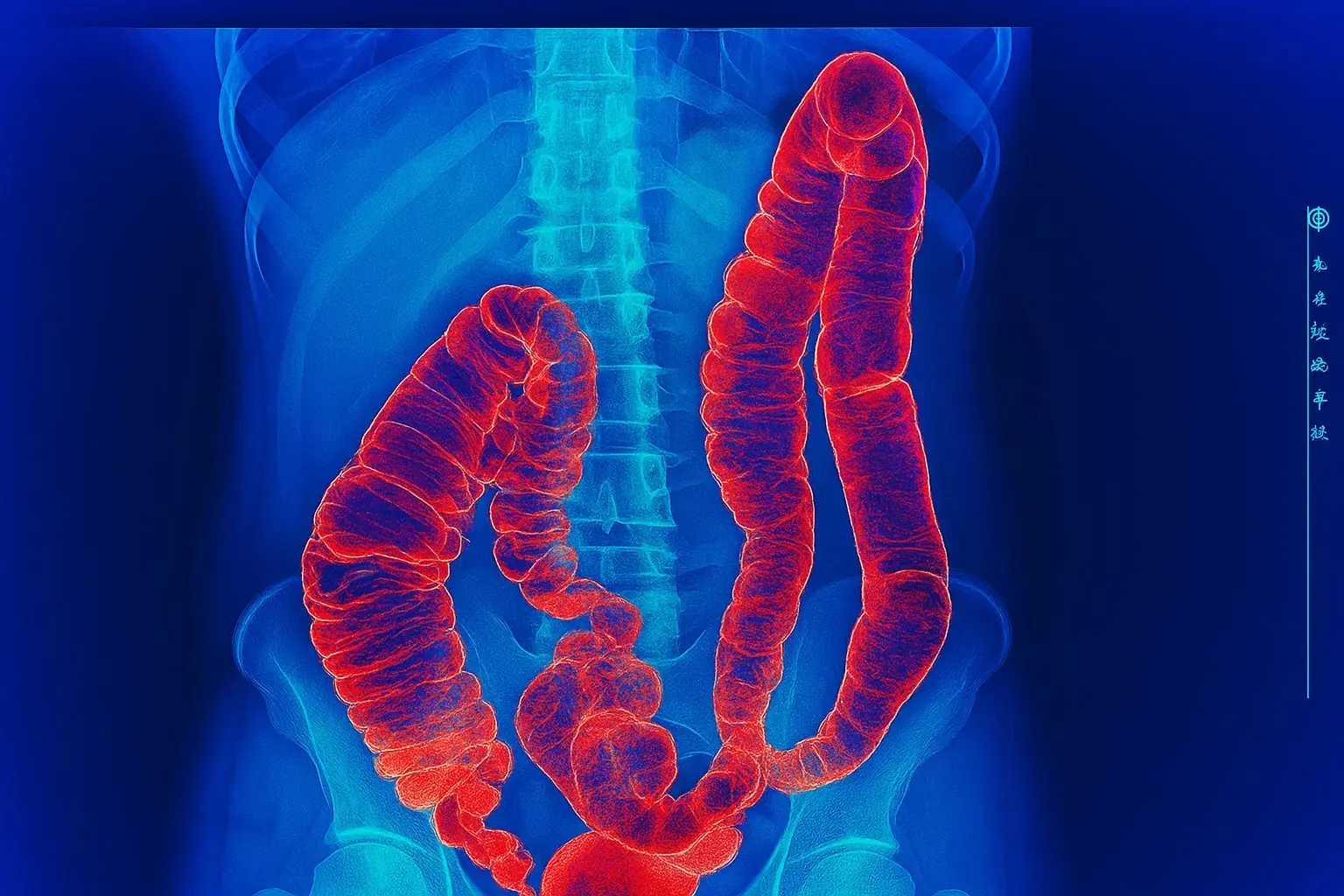
Toxic Megacolon From Severe Constipation — What Causes It and How To Prevent It
Constipation may seem like nothing more than an uncomfortable inconvenience, but ignoring it for too long can put your health at serious risk. In extreme cases, chronic constipation can progress into a life-threatening condition known as toxic megacolon,

Stage 4 Cancer Woman Issues Urgent Warning: Don’t Ignore These Subtle Signs
A mother of two ignored what seemed like minor health issues, only to learn they were signs of stage 4 bowel cancer. Now, she’s warning others not to make the same mistake.

The surprising truth about eating eggs every day
News Post

lacing these 3 things on top of the fridge will cause wealth to disappear, no matter how much you have.

Buying bananas: Wise people turn away when they see these 3 types, while foolish ones grab them just because they’re cheap
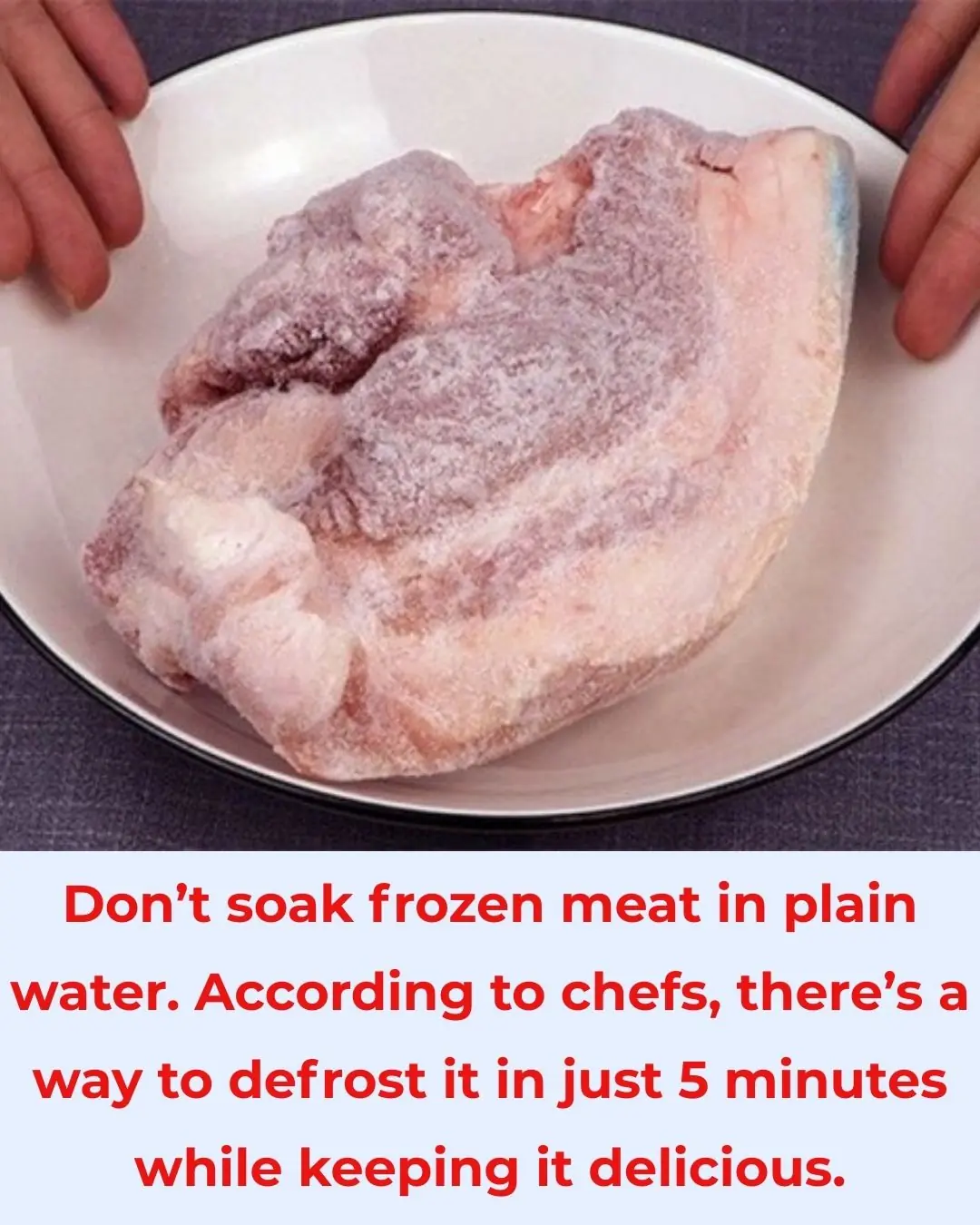
Don’t soak frozen meat in plain water. According to chefs, there’s a way to defrost it in just 5 minutes while keeping it delicious.

Water heaters have a hidden 'switch.' Any household that knows how to open it can use it for 10 years without worrying about damage or high electricity bills
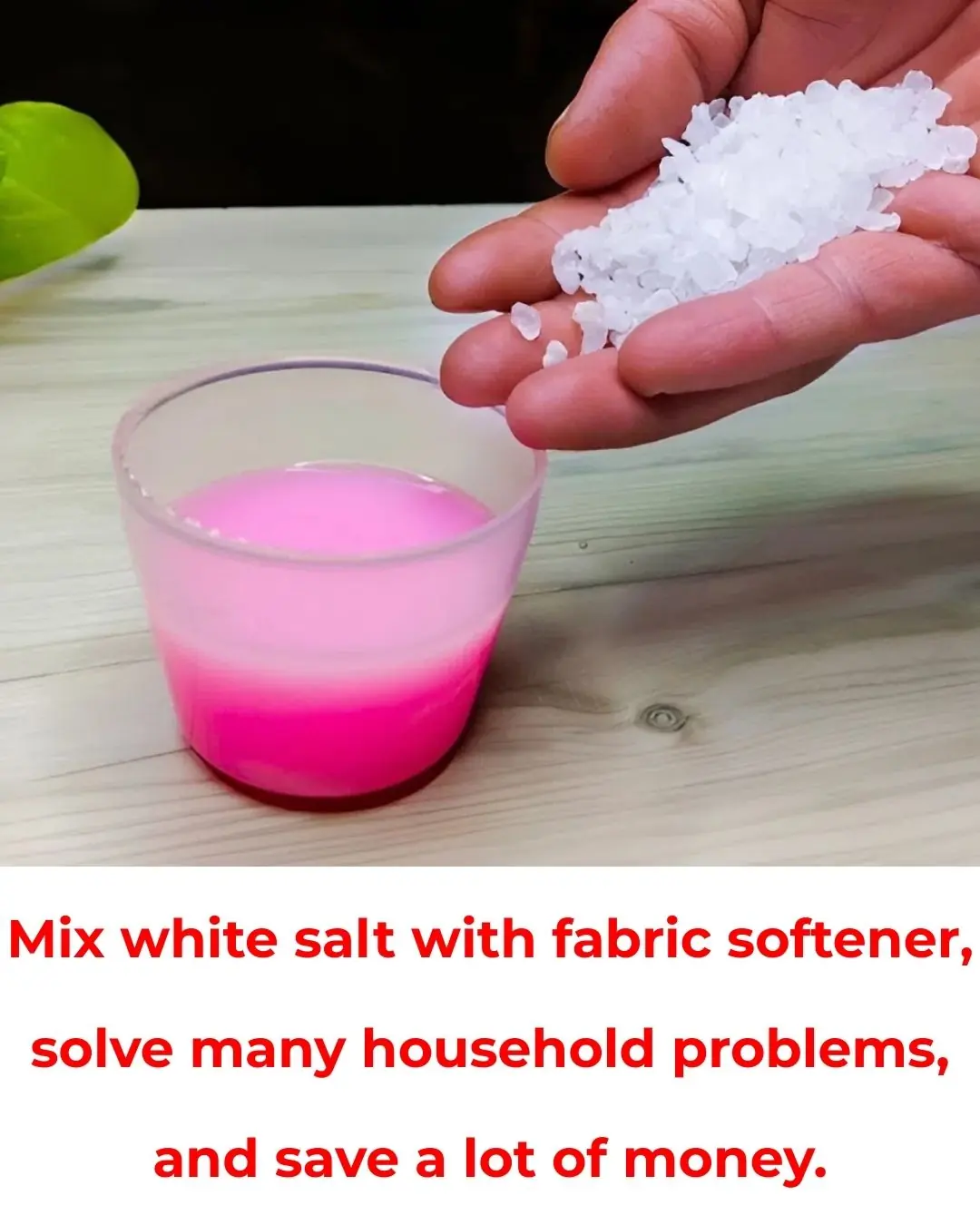
Mix white salt with fabric softener, solve many household problems, and save a lot of money.

Apply this on a knife, and no matter how dull it is, it will become razor-sharp and shiny, without needing a whetstone.

Inside the washing machine, there’s a ‘small box’ with an incredibly powerful function: Not knowing how to use it is such a waste.

Why Some Women Lose Their Desire: 4 Avenues to Explore

Why should you keep some money behind your phone case?

If You Have Colon Polyps, These 4 Signs While Using the Toilet May Appear – See a Doctor Before It’s Too Late

From age 65, how often should you shower (and why over-washing can be harmful to your health)

What’s the Secret to Becoming a Super-Ager?

Coffee, Cookies, and Cheese Recalled From Major Retailers in Multiple States

H. Pylori Fears These 5 Foods the Most — Eat Them to Protect Your Stomach

Woman Unveils 5 Colon Cancer Symptoms You Must Never Ignore
Colon cancer is often called the “silent disease” because its warning signs are easy to dismiss. One Texas mother, Radwah Oda, is now sharing her painful journey in hopes of saving others from making the same mistake.

The Silent Killer" That Causes Brain Shrinkage — Yet Parents Still Feed It to Their Children Daily

Proven Health Benefits of Walnuts, How Many to Eat, and More (Science Based)

The Most Dangerous Foods: Unpacking the Risks of Processed Meat
